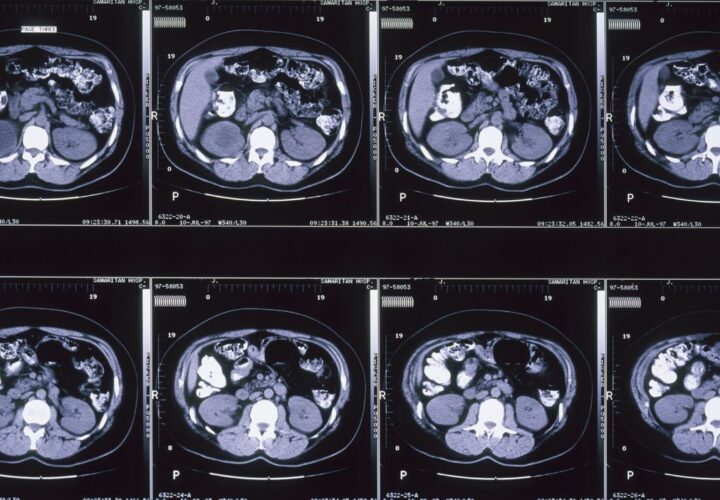For some, a diagnosis of mild cognitive impairment (MCI) can feel like a death sentence. After all, about half of those diagnosed with the condition go on to develop dementia within the next five years, and about 10 to 15 percent of people over 65 are estimated to have mild cognitive impairment.
But MCI is not always an indicator of impending dementia. Sometimes, it can be reversed, particularly if it’s due to another underlying condition. And doctors recommend a number of things to minimize the impact of MCI on a person’s life—and perhaps negate the effects altogether.
Scientists at research centers in Montreal and Quebec have found that certain memory training tricks, rather than medicine, could improve memory by up to 40 percent. In a study, 104 participants were sorted into three different groups: one was a control group that received no instruction; one group received memory training; the last was a psycho-social group that was encouraged to improve their general well-being and create more positive situations in their lives. All participants had MCI. The two groups with interventions were given eight two-hour training sessions.
Six months later, the group that received memory training improved significantly—35 to 40 percent—while the other two groups showed no change.
The training group was taught tricks for memory like how to remember a new person’s name and how to create associations to remember items on a shopping list, which they said they used in their everyday lives. The largest improvement in this group was for delayed recall—remembering words 10 minutes after they were studied. Problems with delayed memory is one of the earliest signs of Alzheimer’s disease.
This study was published in the Journal of the American Geriatrics Society.



